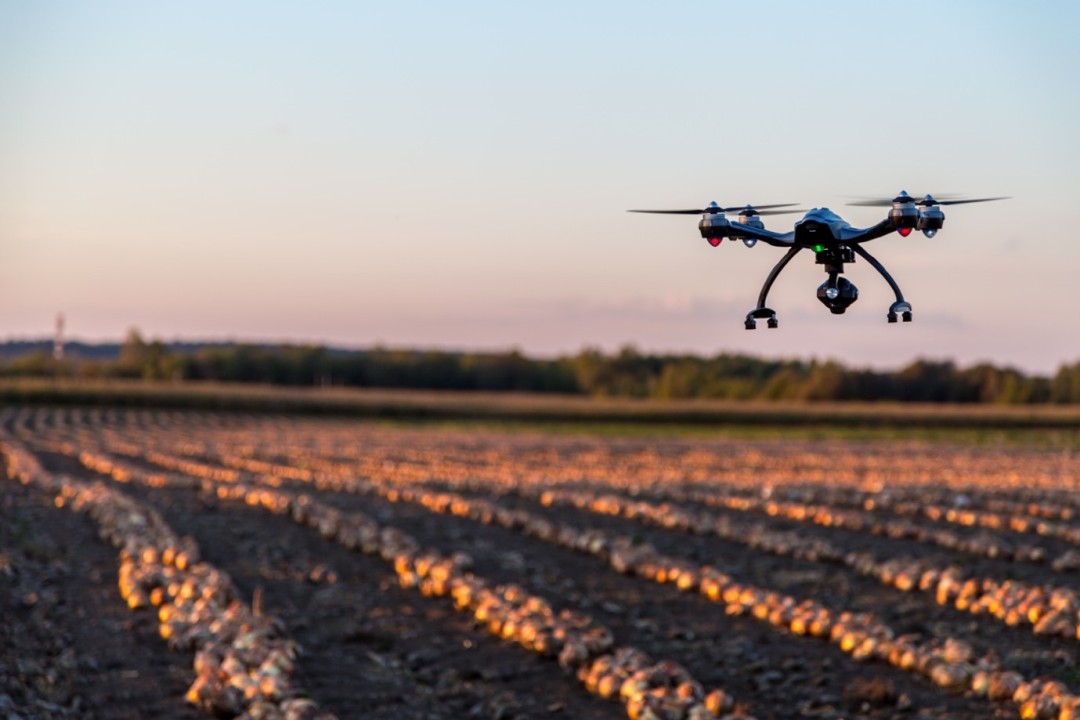
First published on LinkedIn on 5 March 2021.
The latest episode in the DIT’s Tech for Growth Series is now out, discussing how agritech can transform Africa’s agricultural sector. The podcast is divided into two parts: first, a fireside chat with Jim McDougall, founder and commercial director of Outfield, one of a new generation of agritech companies that are deploying the latest hardware and analytics to give unprecedented insights into fruit production and marketing. And second, a session I moderated at Africa 3.0 in February 2021 discussing how agritech is transforming East Africa’s agricultural sector. My panellists were Alia Malik, Founder of Farmsmart, Daniella Kwayu, Founder of Phemagri and Henry Clarke, CFO of SunCulture.
You can listen to the podcast here: https://open.spotify.com/episode/7AI17M1egUKfbv1ZvkBCM1

Live Scan of fruit orchard by Outfield
Here are my five takeaways:
1) Agritech is not just a rich-world technology. Although it is being used by Outfield to manage large-scale plantations, agritech also has multiple applications for the very start of the value chain. This means directly serving the farmers, cooperatives and SMEs who have historically been ‘invisible’ in the value chain and as a result have lacked access to financing, inputs, marketing infrastructure and technical support.
2) It is easy to forget how vast, fragmented and inefficient Africa’s agricultural sector is and the scale of the challenge this presents to farmers, traders and logistics managers. Each of these agritechs has demonstrated how the effective use of digital tools can transform this picture, linking farmers together, joining them to the value chain and giving them access to finance, investment and services.
3) All four companies are addressing similar challenges, but each is using a different approach and mix of technologies. This is a strong illustration of how agritech is not a single technology but rather a combination of them. By linking mobile phones, cloud computing, drones, satellites and Machine-Learning analytics through the power of IoT, they can address a variety of challenges. These range from helping farmers how to choose crops that are well suited to their land and to local demand, to accurately predicting the crop on individual trees in a plantation of millions.
4) Each company profiled is joining the dots in a different way but is not operating in a silo. These agritechs work in the cloud, are open to integration with other systems and technologies, and are constantly adapting their models and trialling new features and services for the farmers they serve.
5) And finally, this was another reminder to me how BigData is becoming the core of modern business. By carefully collecting and analysing data these companies are giving a far more accurate picture of what is going on in the value chain, from how farmers are planting and marketing their crops to the impact that climate change is having on their production.
That’s all for now. Please share your responses to the podcast in the chat below. And look out for future episodes in the Tech for Growth Series, all of which can be accessed here: https://www.great.gov.uk/campaigns/tech-for-growth/

SunCulture’s solar-powered water pump in action